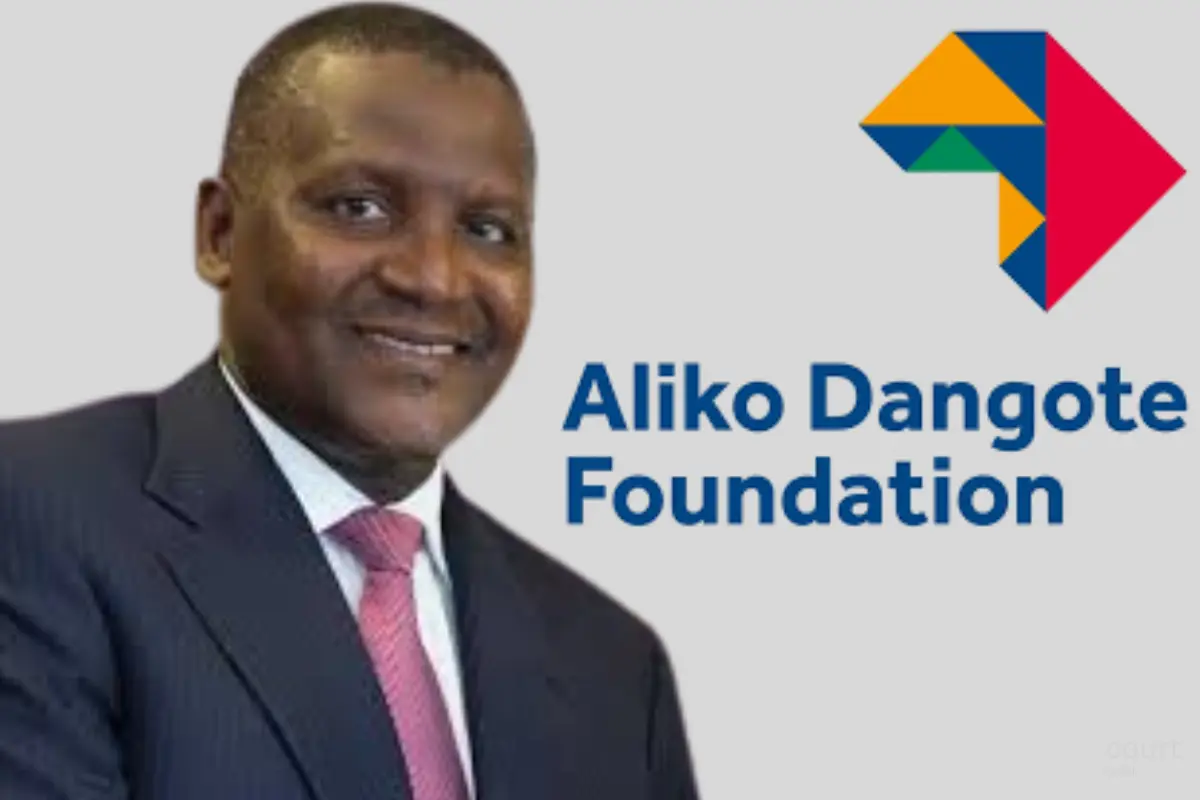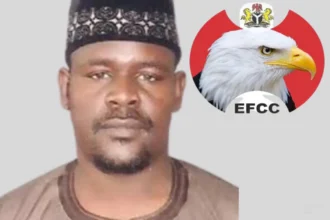Tensions have escalated between Amnesty International and the Nigeria Police Force (NPF) following the release of a 2024 report titled “Bloody August: Nigerian Government’s Violent Crackdown on #EndBadGovernance Protests.” The report, published by Amnesty International, alleges widespread human rights violations during the #EndBadGovernance protests held across Nigeria from August 1–10, 2024.
The briefing documents attacks on peaceful assembly and freedom of expression by security agencies, highlighting a recurring pattern of harassment and intimidation before, during, and after the protests. Amnesty International emphasized that the Nigerian government’s handling of the protests undermined democratic rights and called for accountability, access to justice for victims, and an end to impunity.
In response, the Nigeria Police Force has formally rejected the allegations, describing the report as misleading and harmful to its reputation. In a letter dated January 6, 2025, and signed by the Force Public Relations Officer, ACP Olumuyiwa Adejobi, the NPF demanded an immediate retraction and a public apology from Amnesty International.
“The Nigeria Police Force acted with utmost restraint and professionalism, even in the face of provocation and violent attacks,” the letter stated. The NPF categorically denied claims of police brutality, excessive violence, and human rights violations during the protests, asserting that the report lacked credible evidence.
The Force maintained that its officers adhered to global best practices and used minimal force where necessary. It also highlighted instances where police safeguarded peaceful protesters and arrested criminal elements attempting to exploit the demonstrations. Supporting evidence, including national media coverage, was cited to corroborate these claims.
“The public can attest to our commitment to maintaining law and order while respecting the rights of citizens,” the statement added.
The NPF expressed concerns about the potential harm caused by the report, stating that it undermines the trust and confidence it has worked to build with Nigerians. The Force also noted the demoralizing effect of such allegations on officers who, it said, risk their lives daily to protect the public.
“Such falsehoods demoralize our officers and harm the reputation of the organization,” the Force emphasized.
The letter issued by the NPF set a seven-day deadline for Amnesty International to issue a retraction and public apology. Failure to comply, the police warned, would leave them with no choice but to pursue legal actions to protect their integrity.
“We expect Amnesty International to uphold the principles of fairness and accountability by retracting this damaging report,” the NPF demanded.
Amid the controversy, the Force reaffirmed its commitment to safeguarding lives and property, upholding the law, and respecting human rights. “We will continue to serve with diligence, professionalism, and respect for human rights,” the Force assured.
The clash between Amnesty International and the Nigerian Police underscores the ongoing debate about the state of human rights and police accountability in Nigeria.


















